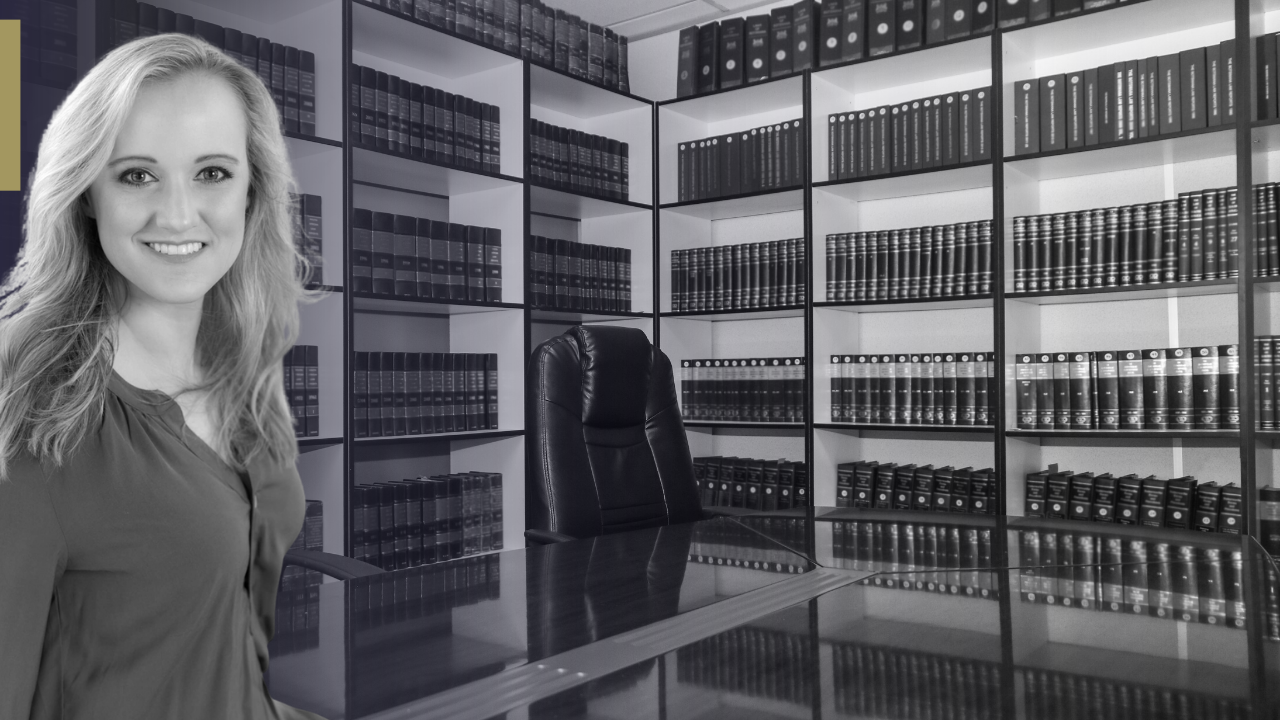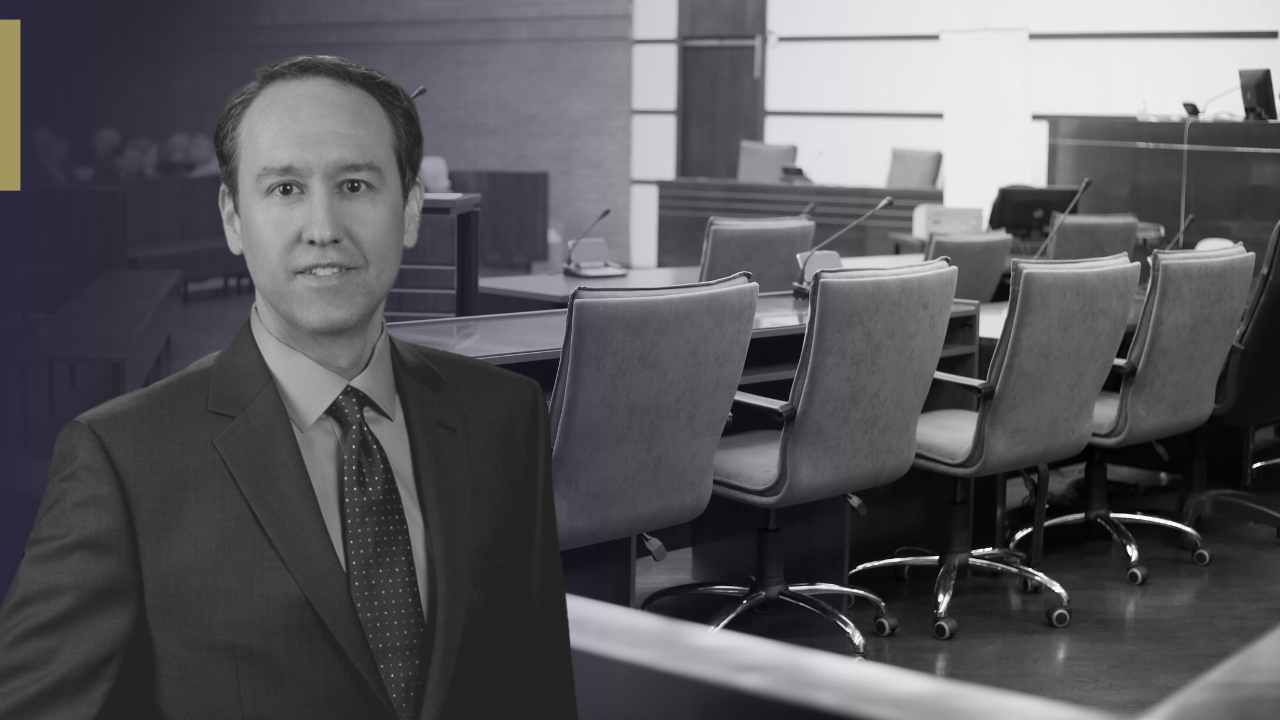I found some good lawyering advice today in, of all places,The Annals of Oncology. There’s an article titled Breaking bad news in oncology: like a walk in the twilight. I’m not trying to be glib in making a comparison. Oncologists are oncologists, and lawyers are lawyers. But what we have in common is that we both must sometimes break horrible news to people. I’ve never thought myself to be good at this part of the job. And it is sometimes helpful to look to other disciplines to learn hard lessons.
Until I read this article I didn’t realize that I haven’t even thought about it very well. After all, what is bad news? “The expression ‘bad news,’ used to describe difficult communications, is open to interepretation and misunderstanding since it seems to refer to a one off communication instead of a process and because it evokes the idea of an impersonal transmission of information.” Did you hear that? Bad news is part of a process. We are not the anchorman on the nightly news?
Moving toward a better definition, “Bad news is defined as any information that produces a negative alteration to a person’s expectations about their present and future.”
The writer notes that communicating bad news is a matter of dialogue and not monologue. And choices must be made. “Does one give all the details of a clinical case or explain most of the case while holding back some details or be vague while at the same time not hiding the seriousness of the [matter]? Each of these approaches can reveal the truth; each can represent the way, the form, and the opportunity to communicate bad news.”
Which way do you go? All of that depends upon the case, the gravity of the situation, and “the patient’s [client’s] capacity to understand and sustain a conversation of this kind with his or her doctor [lawyer.].”
And yet, much also depends upon the lawyer.
Is he or she aware that in our finite condition it is not always possible to have an abolutely truthful exchange, that it is not always possible to tell everything? Absolute honesty is probably not even part of our relative, imperfect and unfinished human condition and it would therefore be a mistake to think that we can see and make others see everything clearly. However, a [lawyer] must at least try to say everything that can be said given the circumstance and so this becomes our everything.
Disclosure should be individualized, and it must put the client in a position to to make informed choices. A doctor’s and a lawyer’s world is made up of “two planets; one is epistemological and is therefore based on [law] and connected to his or her professional competency. The other is defined by the [lawyer’s] values, convictions, choices, and emotions.” The first step is to examine those two planets and face your own fears and not to confuse one with the other.
For the writer, “it is an extremely difficult task but if done properly it leads the [lawyer] to construct the therapeutic alliance which allows the [client] to listen to bad news without being overcome by it; to hear a possible truth, said with delicacy, without being dismissive or brutal and without shame.”
There’s a bit of practical as well as philsophical advice.
- Find the appropriate time and place to have the dialogue. Cell phone off or on silent. Figure out, with the client, whether to communicate with family or alone? Allow time and space to process.
- Use appropriate language that can be understood.
- Communicating bad news is as much about listening as it is about telling.
- Explain all options and the advantages and disadvantages of each.
- Summarize the conversation “mentioning again the agreements which have been reached” and outline the next steps.
This is never an easy thing, but it is best managed with a view toward forming an alliance with the client to work through the painful process together.


